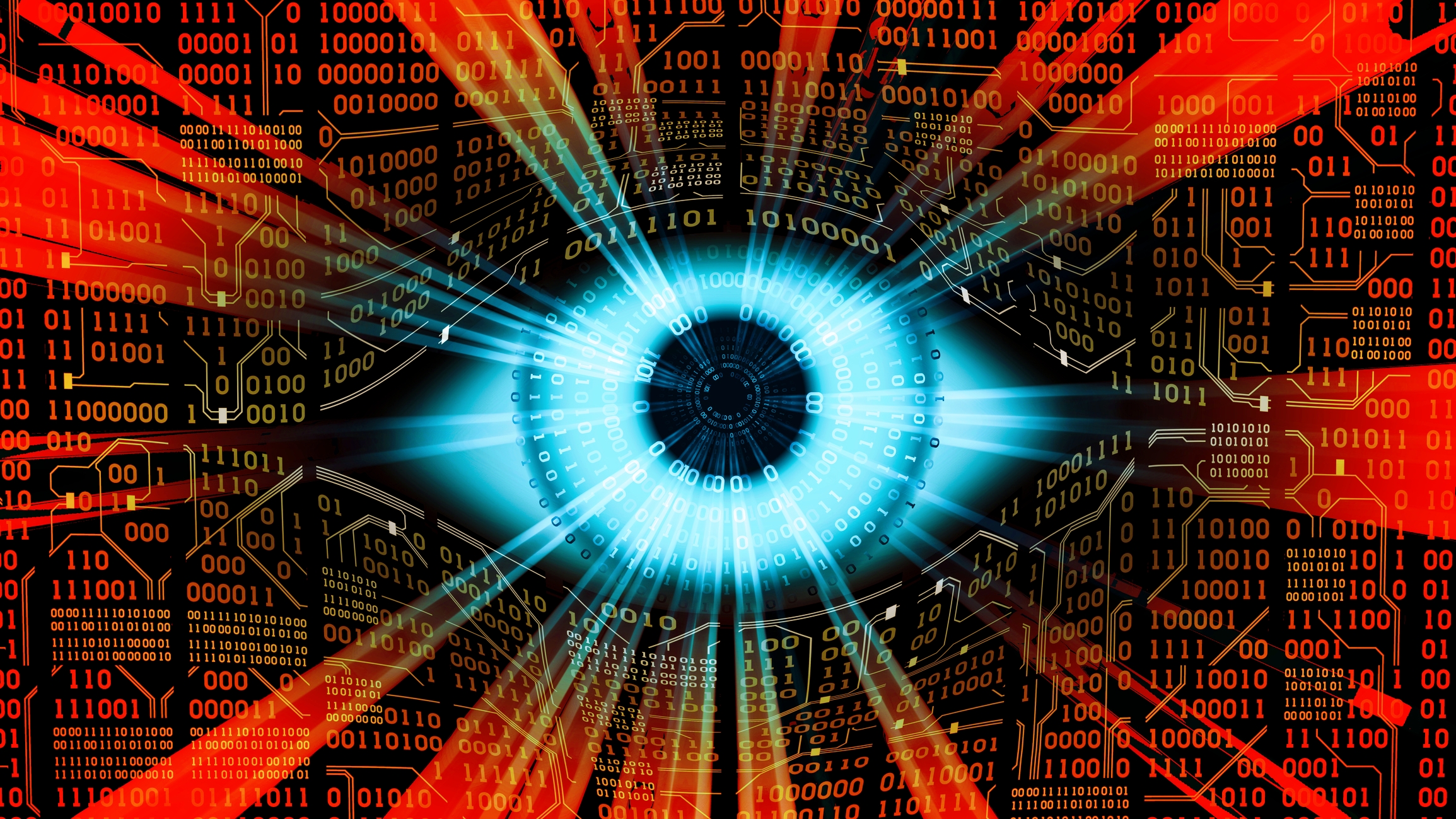In an era where smartphones have become an integral part of our daily lives, new digital threats have emerged that jeopardize our privacy and security.
The latest of these threats is a new malicious spyware known as DCHSpy , specifically targeting Android users, particularly in the Middle East and North Africa.
* DCHSpy .. An Advanced Cyber Weapon
In this context, Mohamed Mohsen Ramadan, a cybersecurity lecturer at the Egyptian Military Academy, revealed that "DCHSpy has recently been detected among cyber attacks attributed to electronic threat groups, using advanced methods to infiltrate victims' devices and steal their data".
Ramadan explained that the name of the software consists of "DCH", which is believed to be an internal abbreviation referring to the name of the campaign or its software structure, while "Spy" symbolizes "spying", which is the primary role performed by this malicious software.
* Disguised as Legitimate Applications
One of the most dangerous aspects of this software is its ability to camouflage; it disguises itself as applications that appear legitimate and trustworthy, such as popular VPN applications or apps bearing the Starlink logo, making users more inclined to download them.
It is often distributed via fake links sent through Telegram or other social media, urging users to manually install from outside the Google Play Store.
* Comprehensive Data Theft
Once the software is installed on the phone, it begins its work in the background without the user's knowledge, collecting vast amounts of sensitive information, including:
_ real-time geographic location
_ photos and videos from the gallery
_ conversations from apps like WhatsApp and Telegram
_ call logs and audio recordings
_ contact list
_ technical information about the device and network
Ramadan confirmed that this software exploits the permissions granted during installation to bypass security restrictions and carry out its spying activities, making it harder to detect.
* The Phone .. A Personal Security Tool
Ramadan added that "the mobile phone is no longer just a means of communication, but has transformed into a personal security tool containing detailed information about our lives", warning that "every unknown link opened could turn into a gateway for spying and hacking".
He emphasized that "cyber battles are no longer confined to countries and armies, but have started targeting individuals directly", stressing that "technologies are evolving and methods are becoming smarter, but awareness remains the first line of defense".
* Targeting Sensitive Groups
For his part, Major General Abu Bakr Abdel Karim, former Assistant Minister of Interior of Egypt, warned of the dangers of this software, indicating that it is not used randomly, but is directed to target specific groups such as:
journalists, human rights activists, and workers in civil society organizations.
Abdel Karim pointed out that reliance on fake applications that appear legitimate is what makes many users oblivious to the existence of a threat, making it easier for the software to infiltrate their devices without significant resistance.
* Rising Threat in the Middle East
Abdel Karim added that "the geographical expansion of the campaign is an indicator of the increasing targeting of the Middle East by advanced cyber spying platforms", which is considered a dangerous development in digital espionage wars.
* How to Protect Yourself?
To protect yourself from this type of software, experts emphasized following several important preventive steps:
1. Do not download any application from external or untrusted links.
2. Rely only on official app stores such as Google Play.
3. Review the permissions requested by each application, especially if they do not match its function.
4. Monitor the phone's performance and pay attention to any unusual activity, such as rapid battery drain or unexplained overheating of the device.
A threat like DCHSpy reminds us that cyber awareness is a daily necessity, not a luxury;
the smartphone, despite its many benefits, can turn into a means of spying on us if we are not careful.
In a world where wars are waged behind screens, knowledge and caution remain the first line of security.

